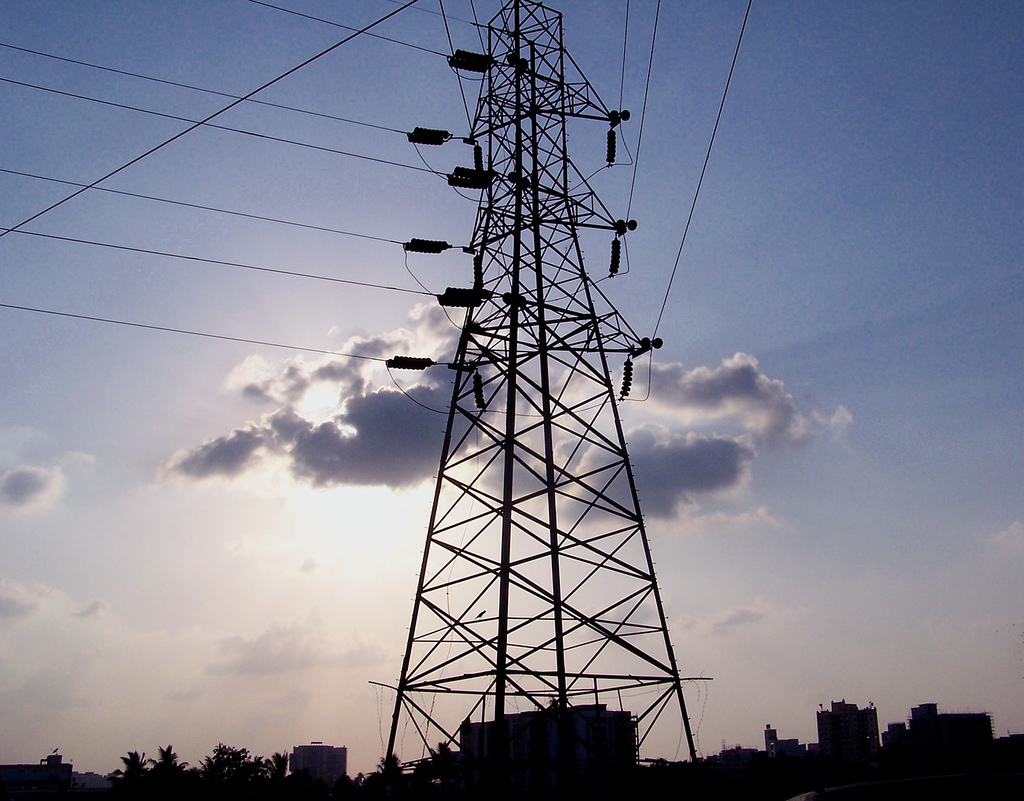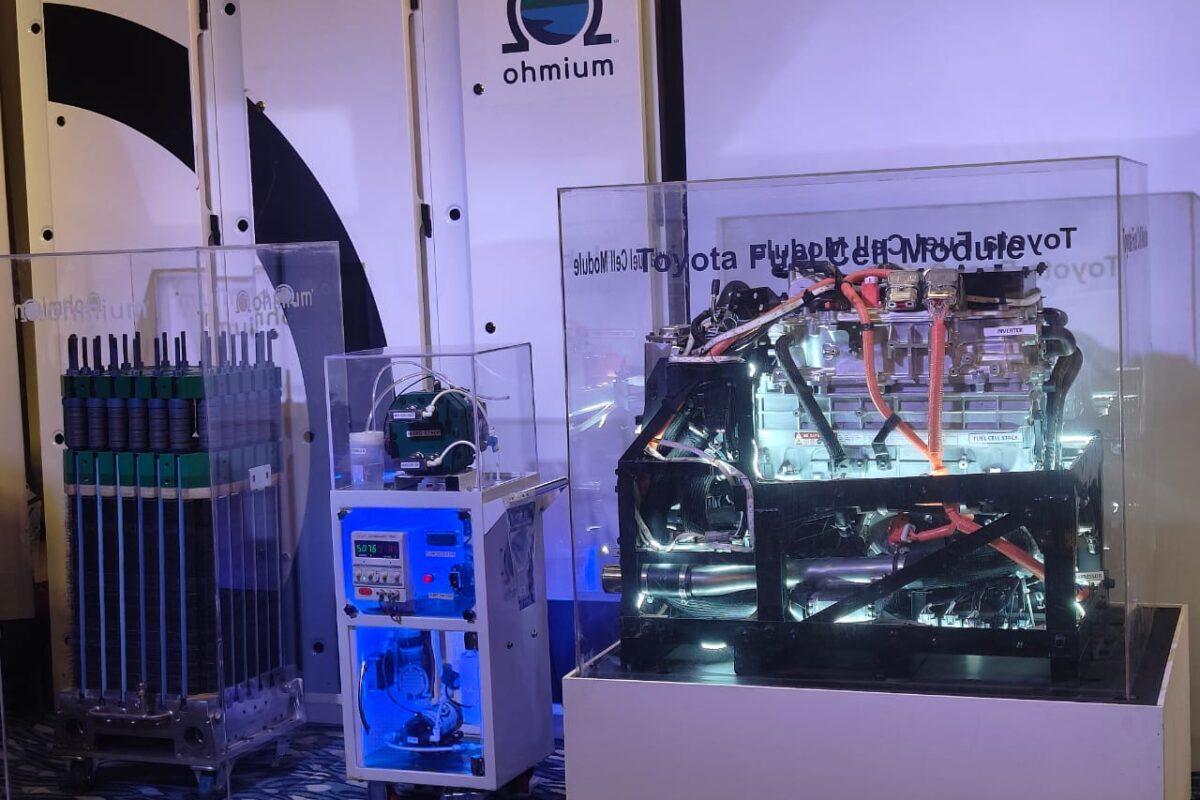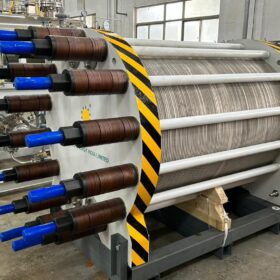The Tamil Nadu Electricity Regulatory Commission (TNERC) has stated that the State Load Dispatch Centre (SLDC) cannot curtail solar power at its convenience, adding that backing down of the “must run status” power should be resorted to only after all other possible means of achieving and ensuring grid stability and reliable power supply are exhausted.
The statement comes after NSEFI petitioned that its members, including Adani Green Energy (Tamil Nadu) and Greenko, are facing huge financial losses against their investment due to continuous backing down/curtailment instructions from Tamil Nadu State Load Dispatch Centre (TNSLDC).
Noting the lack of explanation for the curtailment instructions, the regulator said that “it gives rise to a suspicion that the backing down instructions [by TNSLDC] were not solely for the purpose of ensuing grid safety.”
Under these circumstances, the regulator said, it is necessary to direct the SLDC to ensure evacuation of the solar power generations connected to the state grid to the fullest possible extent, truly recognising the ‘must run status’ assigned to it in full spirit.
In the petition, NSEFI submitted that Adani Green Energy (Tamil Nadu) Limited (AGETNL) and its four subsidiaries have faced losses to the tune of Rs 202.21 crore from the date of project commissioning. Greenko Group, which has installed various solar power plants in the State, is also facing huge losses due to curtailment.
Citing discrimination among solar and wind power procurement, NSEFI said that “the TNSLDC is procuring more wind power and issuing backing down instructions to solar power projects without providing any reasons. The sole reason for regular backing down is to avoid commercial impact of procuring high cost solar power.”
“It can be clearly inferred from the backing down data of AGETNL and its subsidiaries that TANGEDCO is curtailing only those projects which are entitled to a tariff of Rs 7.01/kWh,” stated NSEFI.
This content is protected by copyright and may not be reused. If you want to cooperate with us and would like to reuse some of our content, please contact: editors@pv-magazine.com.









1 comment
By submitting this form you agree to pv magazine using your data for the purposes of publishing your comment.
Your personal data will only be disclosed or otherwise transmitted to third parties for the purposes of spam filtering or if this is necessary for technical maintenance of the website. Any other transfer to third parties will not take place unless this is justified on the basis of applicable data protection regulations or if pv magazine is legally obliged to do so.
You may revoke this consent at any time with effect for the future, in which case your personal data will be deleted immediately. Otherwise, your data will be deleted if pv magazine has processed your request or the purpose of data storage is fulfilled.
Further information on data privacy can be found in our Data Protection Policy.